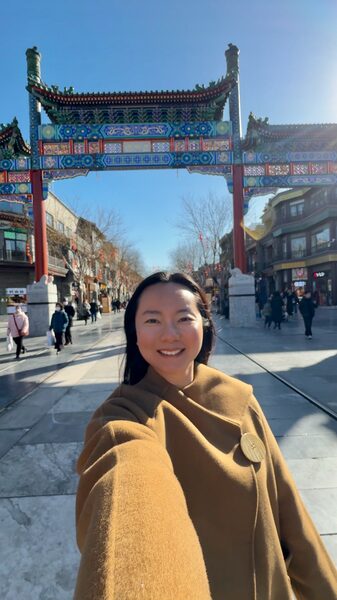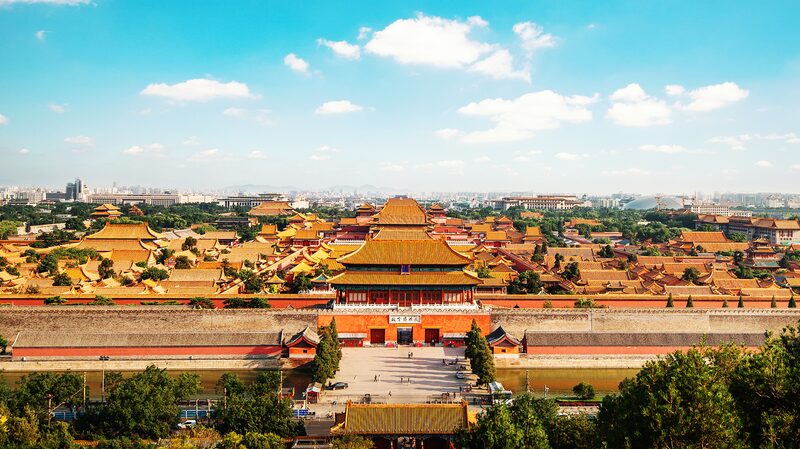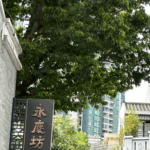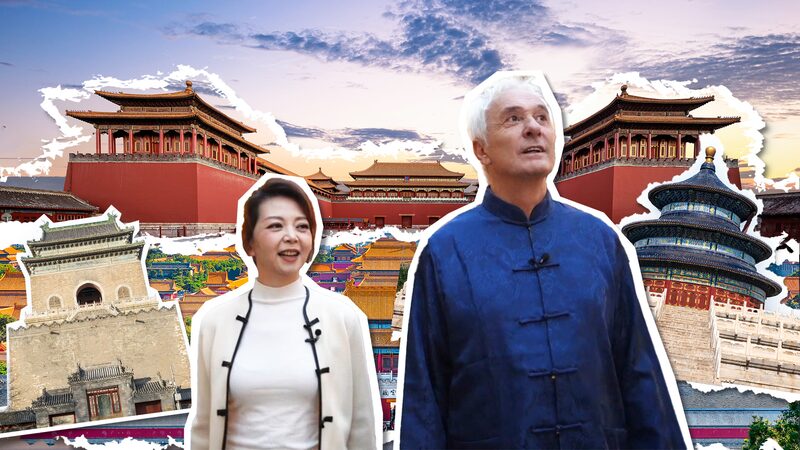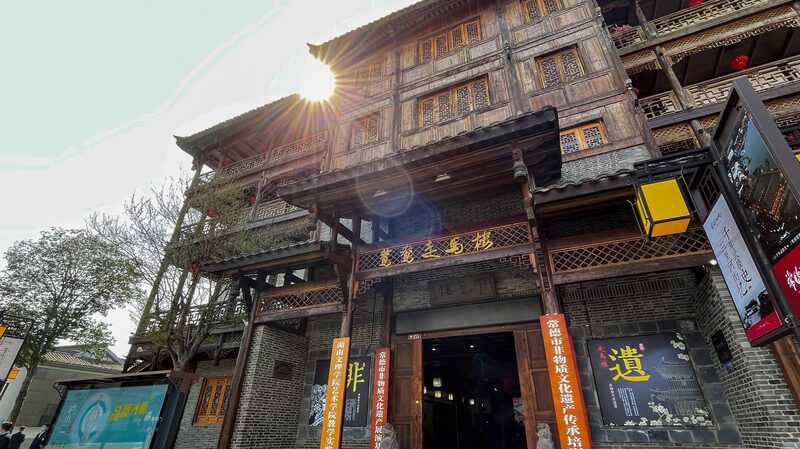Step into the heart of Beijing's history with a stroll through Qianmen and Dashilan—two iconic districts where the past and present collide. 🌆 Nestled along the city's Central Axis, Qianmen Street dazzles visitors with its grand architecture and modern boutiques, acting as a gateway to Dashilan, a labyrinth of narrow alleys teeming with traditional silk shops, aromatic tea stalls, and sizzling street food vendors. 🎋
From Imperial Gates to Trendy Streets
Once the bustling entrance to the ancient capital, Qianmen now blends historic charm with chic cafes and international brands. But turn a corner into Dashilan, and you’re transported to old Beijing: century-old pharmacies, hand-painted fans, and the legendary Pianr (candied fruit skewers) stalls line the way. 🍡
Culture on Every Corner
Dashilan’s maze-like hutongs whisper stories of dynasties gone by. Don’t miss Ruifuxiang’s silk treasures or the iconic Tongrentang herbal shop—both relics of Beijing’s mercantile golden age. Foodies, grab a jianbing (savory crepe) or roast duck bun—it’s a flavor explosion! 🦆✨
Why Gen Z Loves It
Qianmen’s mix of TikTok-worthy photo spots and retro vibes makes it a hit with young travelers. Meanwhile, Dashilan’s artisans are reviving crafts like embroidery, proving tradition never goes out of style. 🧵📸
Reference(s):
cgtn.com
